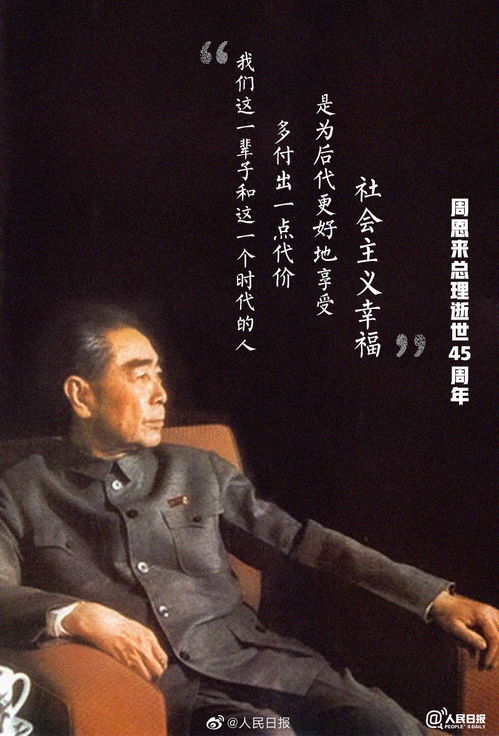The High Cost of Luxury Living explores the often-hidden expenses associated with a life of luxury. It delves into the various aspects that contribute to the significant financial burden. From extravagant housing and high-end fashion to private jets and fine dining, the costs can quickly accumulate. This article examines how maintaining a luxurious lifestyle impacts personal finances and the choices individuals make. It also discusses the trade-offs between material possessions and other aspects of life, such as financial security and personal relationships. Understanding the high cost of luxury living is crucial for making informed decisions and finding a balance that suits one's values and goals.
In today's society, the concept of "expensive" has become an integral part of our lives. It pervades various aspects, from consumer goods to lifestyle choices. Expensive things often carry a certain allure, representing quality, exclusivity, and status. However, the price tag that comes with them can also have both positive and negative implications.
One of the main reasons why expensive items are pursued is the perception of quality. When we pay a premium for something, we expect it to be of higher standard. For example, a luxury car is not only a mode of transportation but also a symbol of prestige and performance. The advanced technology, fine materials, and meticulous craftsmanship that go into its production justify the higher price. Similarly, designer clothing and accessories are often associated with superior quality and style. They are made with attention to detail and use of high-quality fabrics, making them more durable and fashionable. In this sense, the expense is a reflection of the value that these items offer.
Expensive also implies exclusivity. Luxury brands carefully manage their supply and demand to create a sense of rarity. Limited editions, bespoke services, and exclusive access to certain products or experiences are all part of the allure. Owning something that not everyone can have gives a sense of uniqueness and accomplishment. It allows individuals to stand out and make a statement. This exclusivity can be both a motivation for purchasing expensive items and a factor in their desirability.
Moreover, expensive can be associated with status. In many cultures, the price of a good or service is seen as an indicator of one's social standing. Wearing designer labels, staying in luxury hotels, and dining at exclusive restaurants are all ways to display wealth and success. These choices can enhance one's reputation and open doors to certain social circles. However, it is important to note that status should not be the sole reason for pursuing expensive things. True value and personal satisfaction should also be considered.
However, the pursuit of expensive things can have its downsides. Firstly, it can lead to excessive spending and financial stress. When we focus too much on material possessions and constantly strive for the latest and greatest, we may overextend ourselves financially. This can result in debt, financial instability, and a lack of savings for more important things in life, such as education, retirement, or emergencies. It is crucial to maintain a healthy balance between our wants and needs and not let the desire for expensive things overshadow our financial well-being.
Secondly, the emphasis on expensive can create a sense of inequality. Not everyone has the means to afford luxury items, and this can lead to feelings of envy and social division. It is important to recognize that true wealth and happiness come from within and not solely from material possessions. We should strive to build a society that values more than just wealth and status and promotes equality and social justice.
In conclusion, the concept of "expensive" is complex and has both positive and negative aspects. While expensive things can offer quality, exclusivity, and status, we must also be mindful of the potential negative consequences. We should make conscious choices about our spending and not let the pursuit of luxury overshadow our financial and personal well-being. At the same time, we should also strive to create a more inclusive and just society where everyone has the opportunity to pursue their own version of happiness, regardless of their financial situation. By finding a balance between our desires and our values, we can make the most of our lives and avoid the pitfalls of excessive materialism.








 京公网安备冀I陇ICP备2022000946号-1
京公网安备冀I陇ICP备2022000946号-1
还没有评论,来说两句吧...